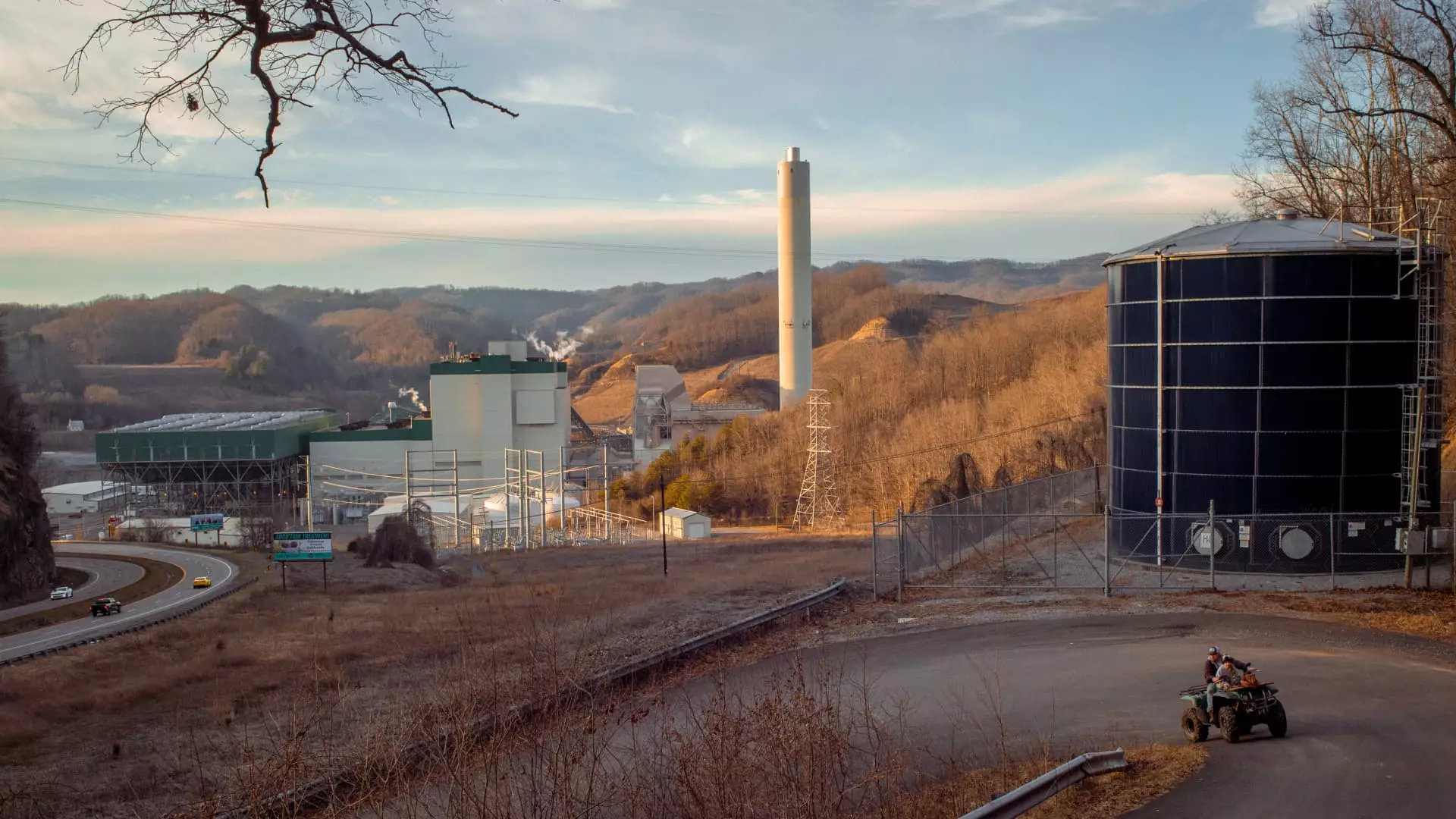As the world grapples with the pressing need for sustainable energy solutions, nuclear power is experiencing newfound interest, particularly in the form of small modular reactors (SMRs). Dominion Energy, a major utility provider in Virginia, is at the forefront of this energy renaissance, actively engaging with tech giants like Amazon to explore the potential of these next-generation nuclear technologies. The recently signed memorandum of understanding to consider constructing a small modular reactor near the North Anna nuclear station exemplifies a significant collaborative effort committed to advancing clean energy solutions.
Dominion’s CEO, Robert Blue, highlighted the encouraging trend of large technology users showing enthusiasm for investing in nuclear power—an energy source with the capacity to generate reliable, carbon-free electricity. With the rapid growth of artificial intelligence and data centers, these companies seek robust energy solutions to meet their intensifying power needs. Virginia’s reputation as a supportive environment for nuclear innovation, backed by bipartisan political support, positions the state as an ideal landscape for SMR development. Such partnerships between energy firms and tech innovators reflect a strategic shift where mutual benefits are increasingly driving collaboration.
The appeal of small modular reactors lies in their potential to streamline the construction process and significantly cut costs compared to traditional nuclear facilities. With a capacity of around 300 megawatts, the proposed reactor at North Anna promises to deliver substantial electrical output while maintaining a manageable physical footprint. This smaller size may facilitate easier site selection and regulatory approvals, ultimately leading to faster deployment of nuclear technology. Still, despite these advantages, the commercial roll-out of SMRs remains elusive. Currently, no operational small modular reactor exists in the United States, indicating inherent challenges that the industry must navigate.
Technology’s Evolving Role in Nuclear Energy
Moreover, the desire for nuclear power from tech companies such as Amazon, Microsoft, and Google signifies a pivotal shift in how the tech industry views energy sourcing. Their strategic investments in nuclear energy not only underline the urgency of securing low-emission power pathways but also highlight a transformative energy landscape. For instance, Amazon’s acquisition of a data center campus that will be powered by an existing nuclear plant illustrates a forward-looking approach to energy reliability. Likewise, deals like Microsoft’s agreement to purchase power from a planned restart of Three Mile Island signal how technology firms are increasingly willing to take bold moves to support sustainable energy deployment.
The Road Ahead for Nuclear Innovation
As discussions about small modular reactors gain traction, it becomes evident that the intersection of utility providers and tech companies could play a critical role in defining the future of energy generation. Meeting the growing demand for clean energy while ensuring reliable output will require sustained collaboration and innovative thinking. Although significant hurdles remain in bringing SMRs to commercial status, the momentum generated through partnerships like those between Dominion Energy and leading tech firms could ultimately pave the way for a more resilient and environmentally friendly energy ecosystem. The journey toward harnessing the full potential of nuclear power is only just beginning, and the need for forward-thinking solutions has never been more imperative.

